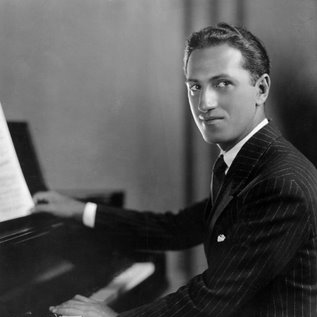 In 2008, when we elected Barack Obama to the U.S. Presidency, I created this page to ask people “What does America mean to you?” Although I received only a few responses, I continue to post this page with the trust that, eventually, people will answer this question.
In 2008, when we elected Barack Obama to the U.S. Presidency, I created this page to ask people “What does America mean to you?” Although I received only a few responses, I continue to post this page with the trust that, eventually, people will answer this question.
I’m proud to say that my brother Carlton G. Cartwright, Founder and Executive Director of The Children’s Coalition, Inc. had the opportunity to videotape President Obama in West Palm Beach, FL
Be sure to see all of the videos – Parts 1-3.
Excerpt from The New Yorker’s Endorsement of President Obama:
In the realm of foreign policy, Obama came into office speaking the language of multilateralism and reconciliation—so much so that the Nobel Peace Prize committee, in an act as patronizing as it was premature, awarded him its laurels, in 2009. Obama was embarrassed by the award and recognized it for what it was: a rebuke to the Bush Administration. Still, the Norwegians were also getting at something more affirmative. Obama’s Cairo speech, that same year, tried to help heal some of the wounds not only of the Iraq War but, more generally, of Western colonialism in the Middle East. Speaking at Al Azhar University, Obama expressed regret that the West had used Muslim countries as pawns in the Cold War game of Risk. He spoke for the rights of women and against torture; he defended the legitimacy of the State of Israel while offering a straightforward assessment of the crucial issue of the Palestinians and their need for statehood, citing the “humiliations—large and small—that come with occupation.”
It was an edifying speech, but Obama was soon instructed in the limits of unilateral good will. Vladimir Putin, Mahmoud Ahmadinejad, Bashar al-Assad, Hu Jintao, and other autocrats hardened his spirit. Still, he proved a sophisticated and reliable diplomat and an effective Commander-in-Chief. He kept his promise to withdraw American troops from Iraq. He forbade torture. And he waged a far more forceful campaign against Al Qaeda than Bush had—a campaign that included the killing of Osama bin Laden. He negotiated—and won Senate approval of—a crucial strategic-arms deal with the Russians, slashing warheads and launchers on both sides and increasing the transparency of mutual inspections. In Afghanistan, he has set a reasonable course in an impossible situation.
[In contrast,] Mitt Romney has embraced the values and the priorities of a Republican Party that has grown increasingly reactionary and rigid in its social vision. It is a party dominated by those who despise government and see no value in public efforts aimed at ameliorating the immense and rapidly increasing inequalities in American society. A visitor to the F.D.R. Memorial, in Washington, is confronted by these words from Roosevelt’s second Inaugural Address, etched in stone: “The test of our progress is not whether we add more to the abundance of those who have much; it is whether we provide for those who have too little.” Romney and the leaders of the contemporary G.O.P. would consider this a call to class warfare. Their effort to disenfranchise poor, black, Hispanic, and student voters in many states deepens the impression that Romney’s remarks about the “forty-seven per cent” were a matter not of “inelegant” expression, as he later protested, but of genuine conviction.
If the keynote of Obama’s Administration has been public investment—whether in infrastructure, education, or health—the keynote of Romney’s candidacy has been private equity, a realm in which efficiency and profitability are the supreme values. As a business model, private equity has had a mixed record. As a political template, it is stunted in the extreme. Private equity is concerned with rewarding winners and punishing losers. But a democracy cannot lay off its failing citizens. It cannot be content to leave any of its citizens behind—and certainly not the forty-seven per cent whom Romney wishes to fire from the polity.
The Romney-Ryan ticket represents a constricted and backward-looking vision of America: the privatization of the public good. In contrast, the sort of public investment championed by Obama—and exemplified by both the American Recovery and Reinvestment Act and the Affordable Care Act—takes to heart the old civil-rights motto “Lifting as we climb.” That effort cannot, by itself, reverse the rise of inequality that has been under way for at least three decades. But we’ve already seen the future that Romney represents, and it doesn’t work.
The re-election of Barack Obama is a matter of great urgency. Not only are we in broad agreement with his policy directions; we also see in him what is absent in Mitt Romney—a first-rate political temperament and a deep sense of fairness and integrity.
[Read entire article]
